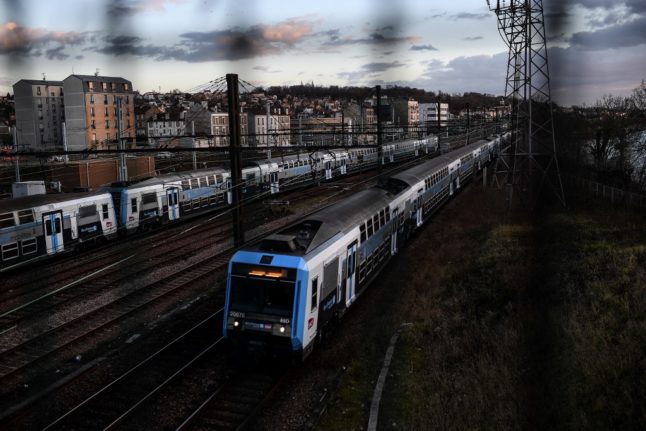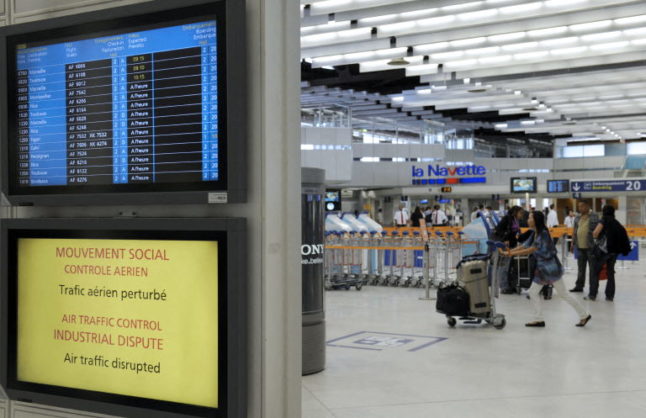Those commuting in and out of Paris, as well as tourists looking to enjoy a day at Disneyland, are familiar with the region’s extensive suburban train network (RER). According to French President Emmanuel Macron, it might soon be replicated in other French cities in the coming years.
In the latest in a series of short-videos answering constituents’ “ecological” questions, the President responded to the question “What are you doing to develop rail transport in France, and offer a real alternative to [travelling by] car?” by offering plans to duplicate Paris’ RER system elsewhere.
You can watch the full video here;
Macron said that building suburban train networks in other cities would be “a great goal for ecology, the economy, and quality of life.”
While he did not name any locations in particular, the president did say that the plans would concern “the ten main French cities.”
While reminiscing about his grandfather, a former railway worker, Macron added that the project would help to decarbonise transport and ease congestion in city centres.
The RER (Réseau Express Régional) system in Paris is a network of trains running across the region, connecting the suburbs to the city. The network has been expanding since the 1960s. While it now covers a large area, the network is notably less reliable than the city-centre Metro services, with users often complaining of delays and poor infrastructure.
According to Le Figaro, cities such as Strasbourg, Bordeaux, Lille, Lyon, Grenoble, and Aix-en-Provence have already expressed plans to develop similar suburban train networks.
Lyon, France’s third-largest city and second-largest metropolitan area, has already discussed plans for the Lyon RER, with hopes that it will be fully operational by 2035, at an estimated cost of between €1.4 and €7 billion.
As for when, the President did not give a timeline, but the Elysée told Le Figaro that the first step would be for “the orientation council for transport infrastructure” to identify which projects could be “launched first.”
The project will also be steered by France’s Prime Minister, Elisabeth Borne, the former Minister of Transport. When she was in this role, Borne had submitted plans to develop RER systems in different French cities.
The project to add suburban train networks across the country was met with support from the current Transport Minister, Clément Beaune, who welcomed the plans as a “major ecological and social transformation for the coming decade.”
However, not everyone is convinced. Some, like the Mayor of Cébazat in Puy-de-Dôme, have already questioned whether the Paris region concept, which would require heavy investment, could effectively be replicated smaller cities.
“It must be fully efficient,” the Mayor, who is also an expert in transportation, told Le Parisien.



 Please whitelist us to continue reading.
Please whitelist us to continue reading.
Member comments